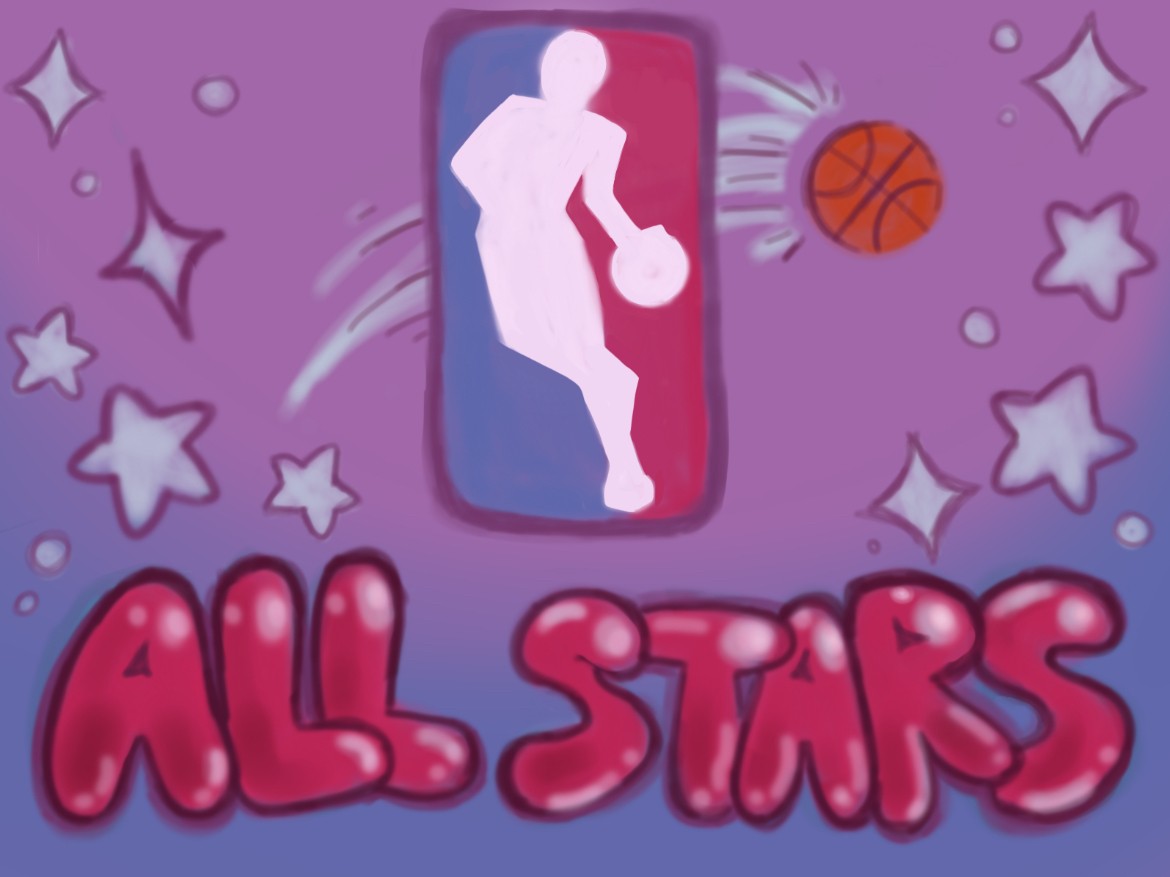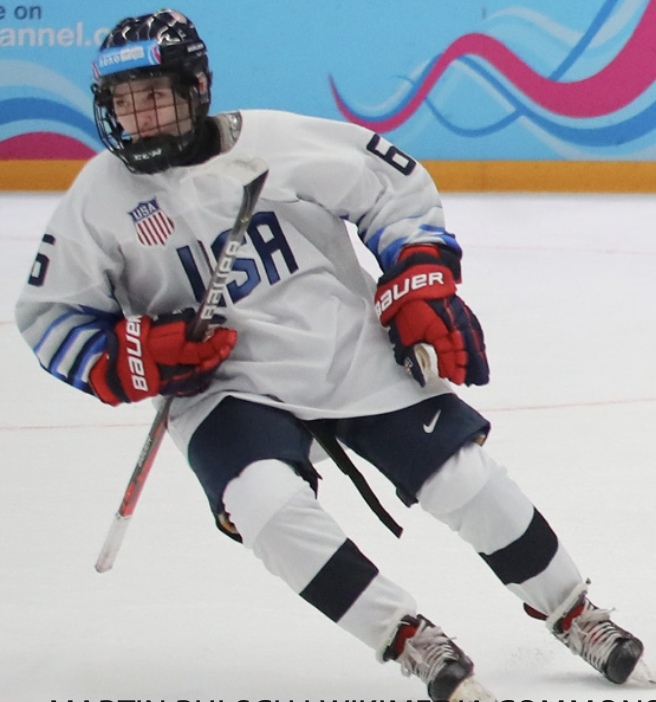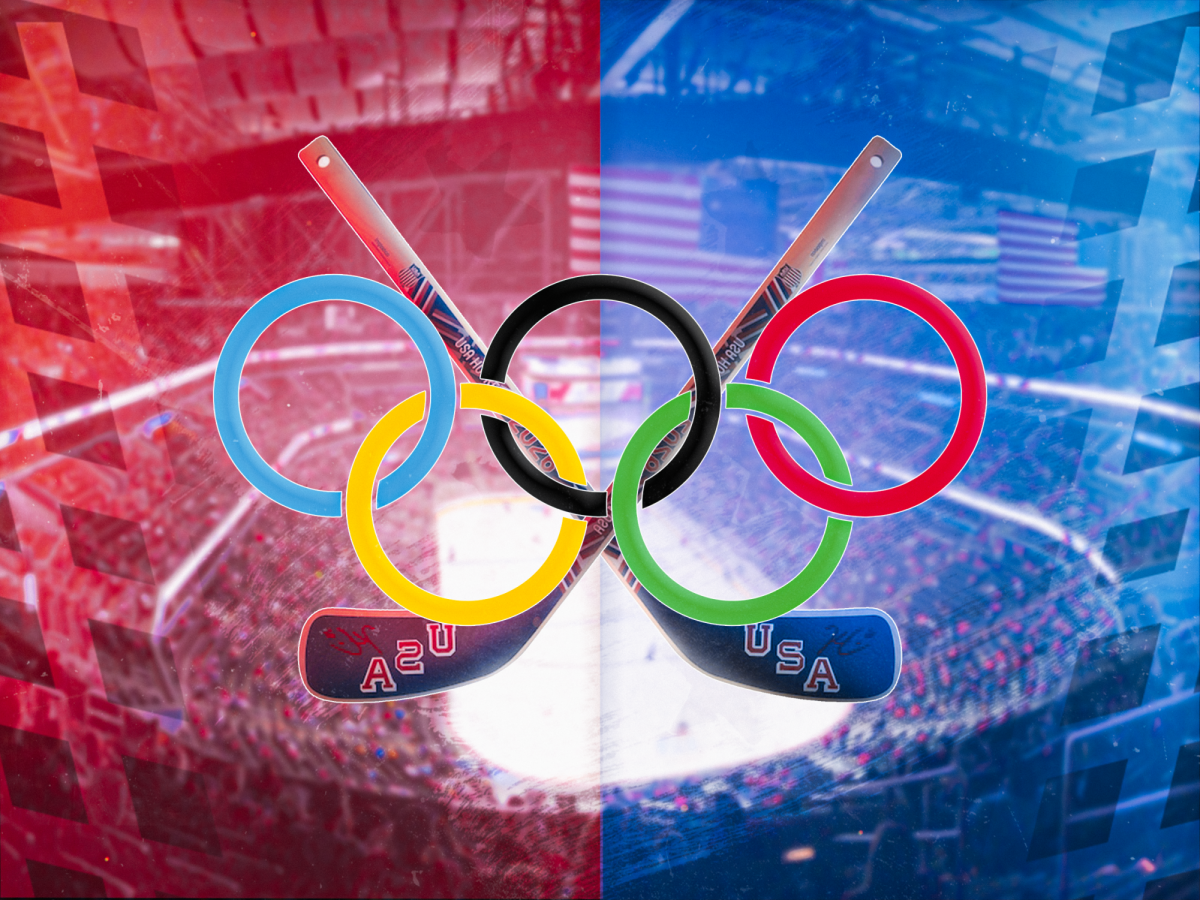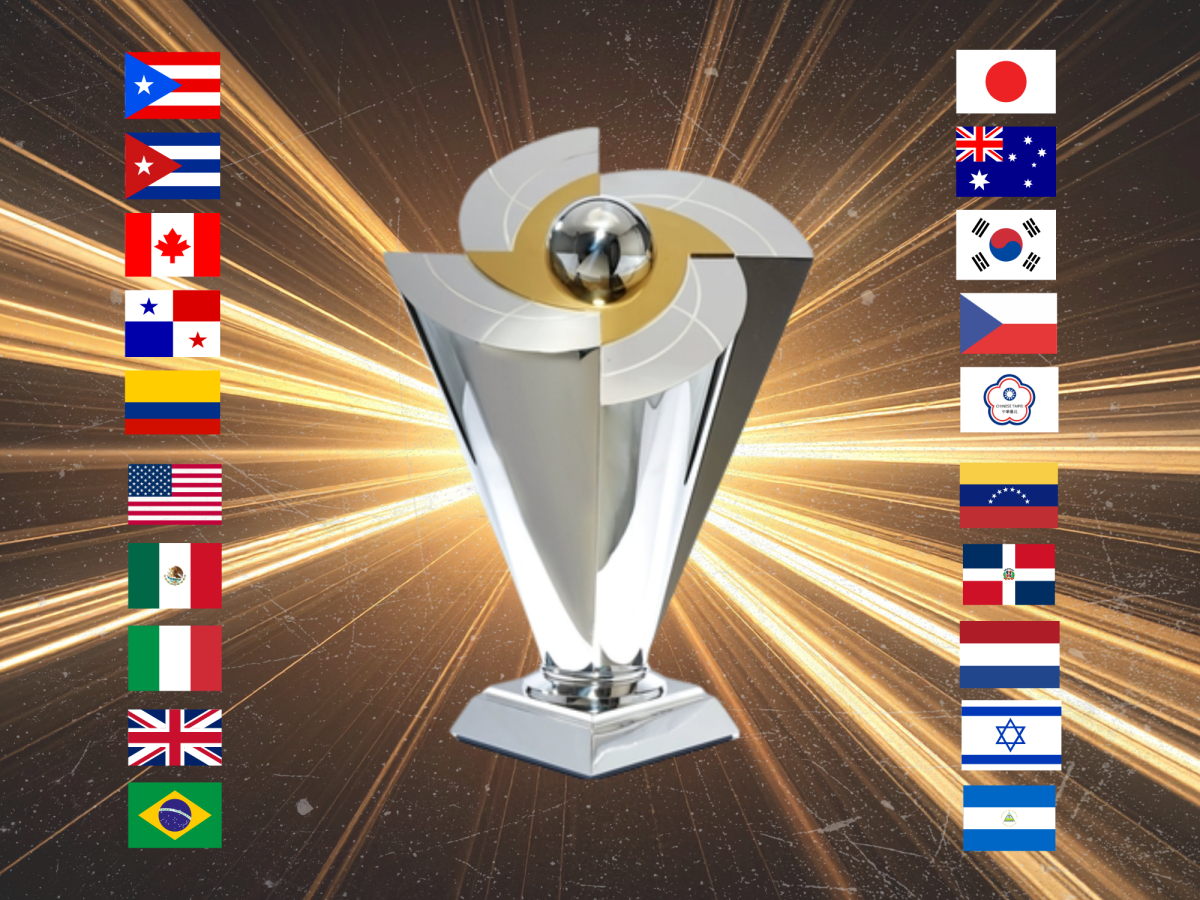Heading into the home stretch of the 2019 Major League Baseball season, it is the right time to start thinking about projections for the individual major award winners: Rookie of the Year, Most Valuable Player, CY Young and Manager of the Year.
In the National League, things have gotten a lot more interesting in the second half of the season. In the opening half, the run-away candidates were outfielder Christian Yelich and outfielder or first baseman Cody Bellinger.
Bellinger was batting over .400 well into May, and finished his first half with 27 home runs and 67 runs batted in. Yelich, on the other hand was batting .330, with 30 home runs. Yelich also takes advantage of his speed, stealing 18 bases in the first half of the season.
Not shockingly, both superstars continued their legendary pace. As of Sept. 20, he has 45 home runs, 110 RBIs, a batting average of .305, on-base-percentage of .407 and an OPS of 1.033. Before suffering a regular season ending injury, Yelich hit 44 home runs, had an OPS of 1.100 and had an on-base-percentage of .383.
However, there are definite legitimate dark-horse candidates in the National League for MVP.
Anthony Rendon has been the hottest hitter in the league since the end of the All-Star break. As a result, he now leads the NL in batting average, and runs batted in, while being second in runs with 112. He is third in slugging percentage, behind Bellinger and Yelich.
Another dark-horse candidate is outfielder Ketel Marte of the Arizona Diamondbacks. Marte, does not fit the traditional model of MVP, as before the 2019 season he was a contact-first type hitter. Marte is also very versatile in the field, having started multiple games in the outfield and the infield.
First baseman Freddie Freeman continues to develop at the age of 30. This year, Freeman has already set career-highs in home runs with 38 and 117 RBIs. Defensively, Freeman has a fielding percentage of .996, a true microcosm of his defensive ability.
For the CY Young race, despite a masterful first half by Los Angeles Dodgers starter Hyun-Jun Ryu, for the second consecutive season, it will come down to the wire between New York Mets’ ace Jacob DeGrom and Washington National’s ace Max Scherzer.
After a rough start to the season, DeGrom has carried a sub 2.00 earned run average since the All-Star break. As of Sept. 18, DeGrom leads all Major League starters with 17 starts of at least seven innings pitched.
Over DeGrom’s last 61 starts, he carries a robust 2.16 ERA. DeGrom’s slider stands out from the rest – sitting at an average velocity of 92.5 mph. Compared to last season, DeGrom has increased his slider usage — 32.5% in 2019 — while also increasing his swing-and-miss rate — 39.4% in 2019. Also, DeGrom’s durability separates him from Scherzer and Ryu, who both were plagued by injuries this season.
Scherzer has arguably been just as dominant. ontrasted to DeGrom, who has tallied only 19 wins in his last 61 starts, the Washington Nationals have won 11 of Scherzer’s last 15 starts.
There are many dark-horse candidates for the National League CY Young, but all of them tail DeGrom and Scherzer.
Rookie Mike Soroka of the Atlanta Braves tallied an ERA of 2.41 in his first 23 career starts. At the young age of 22, Soroka has walked 39 batters, while striking out 130, a true testament to his ability to control his pitches.
Soroka has survived and thrived off his sinker — 92 mph-slider 83 mph — combination. Soroka has been able to generate a lot of groundballs with his sinker, due to his lanky frame.
In the American League, five-tool centerfielder Mike Trout looks to add another MVP award to an already impeccable resume. Leading the American League with 45 home runs and slugging percentage — .645 — at the time of his season-ending injury, Trout had only played in 134 games.
Houston Astros second baseman, Alex Bregman, lags behind Trout in OBP, OPS and stolen bases.
For the American League CY Young award, starting pitcher Justin Verlander has carried himself through another dominant season.
Verlander, who started his career as a flamethrower, has changed his archetype as he has aged, something several pitchers have struggled to do. Verlander leads Major League Baseball in walks and hits per inning pitched, at .782, meaning that hitters have an extremely difficult time getting on base against him. Interestingly enough, Verlander has held his opponents to an OPS of .571.
For reference, Orioles “slugger” Chris Davis, who hit 51 home runs six seasons ago, holds a putrid OPS of .570. Verlander continues his battle for his second CY Young as the season closes.
The dark-horse candidate for American League CY Young is Verlander’s teammate, Gerrit Cole.
Cole has been a strikeout artist all year, taking advantage of his ability to throw 100 mph. This directly sets up his breaking pitchers — slider, cutter and curveball. Since May, Cole has carried a robust ERA of 1.97, while striking out 181 batters in 118.6 innings pitched.
Cole leads the MLB with 17 games with 10 or more strikeouts and, not surprisingly, leads the MLB in strikeouts by a wide margin. He will most likely finish in the top two in ERA and WAR. In his contract year, Cole will look to receive a mid to long term deal, with a value comparable to that of Verlander or National League counterpart Clayton Kershaw.
The National League Rookie of the Year award will undoubtedly go to either Mets first baseman Peter Alonso or San Diego Padres’ shortstop Fernando Tatis Jr.
It seems silly, but it was unsure as to whether Alonso would even make the Mets’ opening day roster. Since then, Alonso has racked up an impressive, league-leading 49 home runs, shattering Cody Bellinger’s rookie record of 39. Alonso has also hit 79 extra base hits, another rookie record.
Tatis is looking to finish his rookie year with an average over .300, over 30 home runs and over 20 stolen bases.
Overall, Tatis is probably the better baseball player, but Alonso’s strength and ability to square-up the baseball — average exit velocity of 90.5 mph and hard-hit percentage of 41.5 — demonstrate an elite ability to hit that has been unprecedented to this point.
In the American League, the runaway choice is Tampa Bay Rays second baseman Brandon Lowe. As of Sept. 18, Lowe leads American League rookies in doubles and runs batted in.
Lowe has also demonstrated an ability to come through in the clutch, as nine of his 15 home runs have either tied a game or given the Rays the lead.
His competition was believed to be Vladimir Guerrero Jr. who has massively fallen short of expectations this year, but Lowe has faced no real competitors this season.
In the National League, the Manager of the Year Award is very tight. Nationals manager Davey Martinez turned his team around after a dreadful 19-31 start to the season. The Nationals are also slowly piecing together what was a dreadful bullpen, sporting an ERA of 4.50 after May.
His competition is Braves manager Brian Snitker, who is leading a roster mixed with youth and veterans to a National League East title.
For American League Manager of the Year, the leading candidate is Rocco Baldelli of the Minnesota Twins. Baldelli is leading a Twins team that is on pace to win over 100 games, and has already set the record for the most home runs by a single franchise in a single season.









Zach • Sep 25, 2019 at 4:06 pm
This article appears on September 23rd but is still littered with errors:
-Pete Alonso had 50 HRs by this date
-Fernando Tatis Jr. season was unfortunately finished in August. He would be a frontrunner were it not for that.
-Two to three weeks ago, the argument could be made that Scherzer was the frontrunner for the NL CYA, but injuries and a few bad starts means the award is DeGrom’s as he is the NL leader in WAR, Ks, WHIP, and most advanced metrics. I don’t see the award going to anybody else.
-Minor nitpick but I do not think Cole is a dark horse but a co-frontrunner alongside Verlander. Verlander will most likely win but Cole was something special this year and deserves it if he does win it.
Sam • Sep 25, 2019 at 12:34 pm
I wonder if the author of this article actually did any research before writing it? Scherzer has been as dominant as deGrom? Maybe over his last 61 starts, although I’m not sure why that should matter.
Maybe we should just be looking at their last 30 or so starts because that’s how many starting pitchers typically get in a season? And I’m pretty sure the Cy Young is a seasonal award, not a bi-seasonal award.
Idyllic • Sep 24, 2019 at 9:04 pm
You must have gotten your AL ROY info from 3 months ago. Brandon Lowe missed all of July and August, as well as 3 weeks in September due to injury. He’s out of the running for ROY. In the latest MLB polling, Yordan received all 34 first place votes for AL ROY. He will almost certainly win the award unanimously. Not sure if you can edit your article, but it’s also incorrect that Lowe leads in RBI’s. Yordan has 77 RBI’s in 82 games, while Lowe only has 50. Lowe has hit 17 doubles and 17 home runs, while Alvarez has hit 25 doubles and 27 home runs. Alvarez has an OPS of 1.103, while Lowe has an OPS of .871. Alvarez leads Lowe in almost every category, both in raw production and advanced hitting metrics (hits, RBI’s, runs, walks, HR’s, doubles, slugging, average, on-base-percentage, lower strikeout rate, WAR, OPS+, WRC, at bats). Lowe might have had a legitimate shot at competing with Alvarez if he hadn’t missed 3 months due to injury, but now that Alvarez has caught up in plate appearances Lowe is out of the running.
Baseball • Sep 24, 2019 at 5:44 am
Jordan Alvarez?
N • Sep 24, 2019 at 5:45 am
Yordan
E • Sep 24, 2019 at 3:51 pm
I like Yordan, but he only has 300 ABs on the year, I feel like a larger sample size is necessary to win ROY
hutch • Sep 24, 2019 at 5:32 pm
…Lowe only has 314 plate appearances this season, Alvarez has 351.
If you want to argue Lowe is more valuable because he plays the field, that is one thing, but the "we haven’t seen enough of Alvarez" argument lots of writers trot out is bunk.